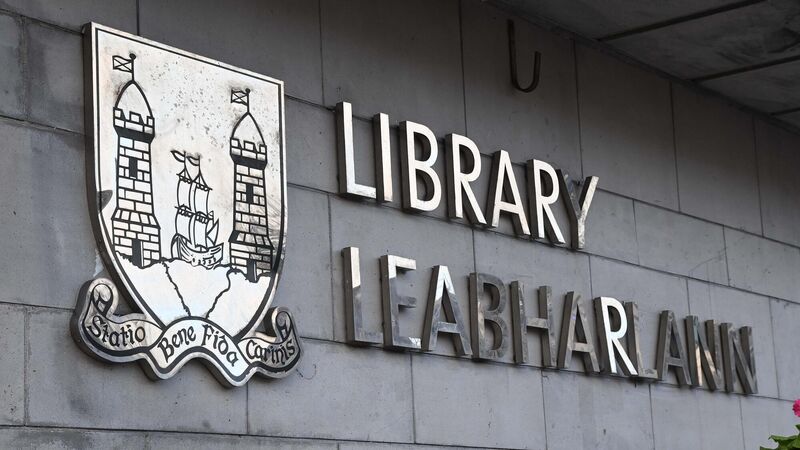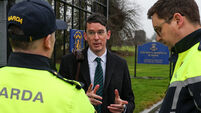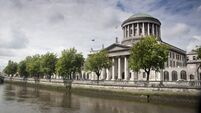Ciaran O'Connor: Manufactured controversy threatens LGBT+ community and library staff, not your children

There have been a number of incidents at the Grand Parade library in Cork involving people opposed to the display of certain material. Picture: Denis Minihane
















